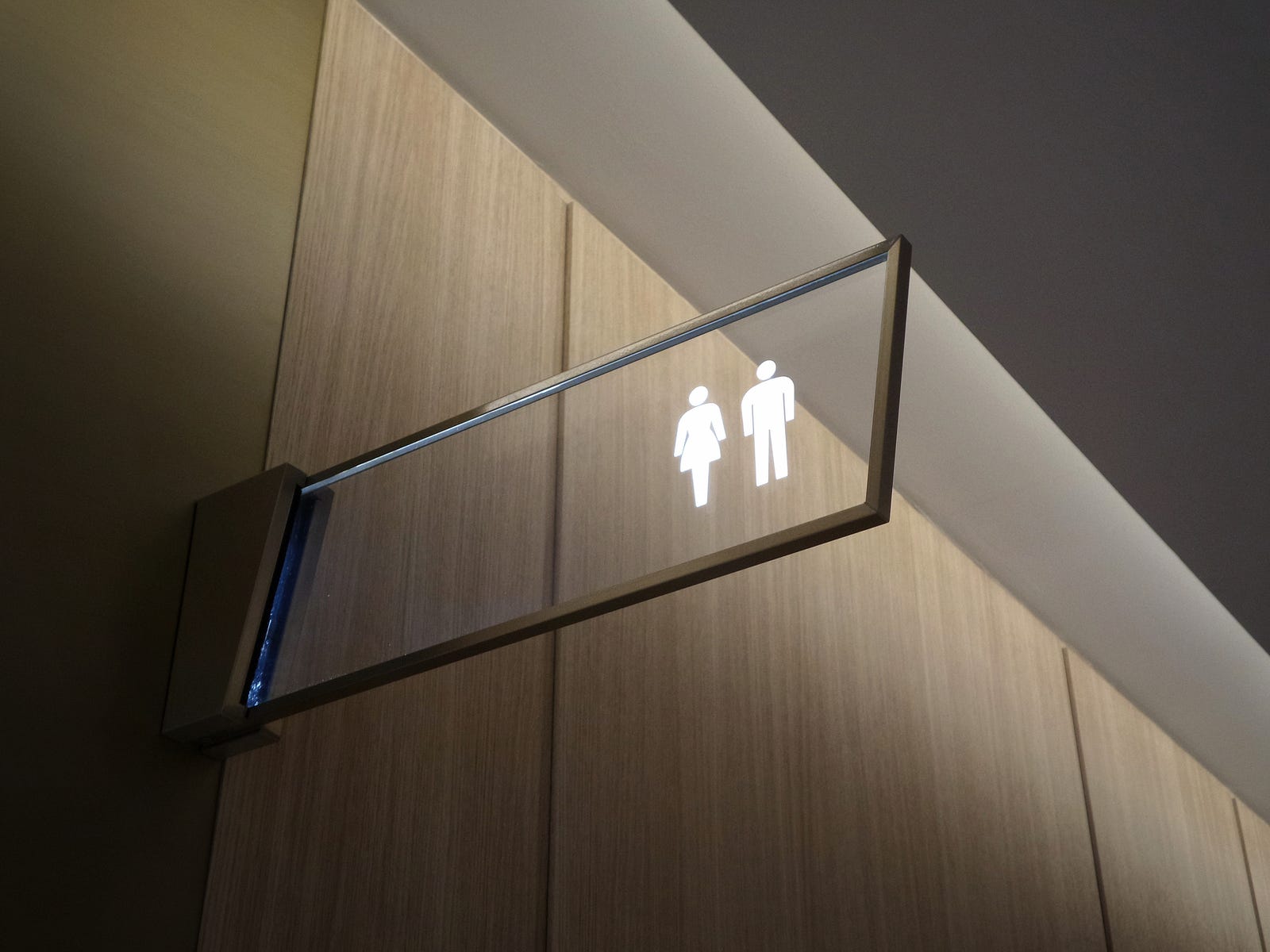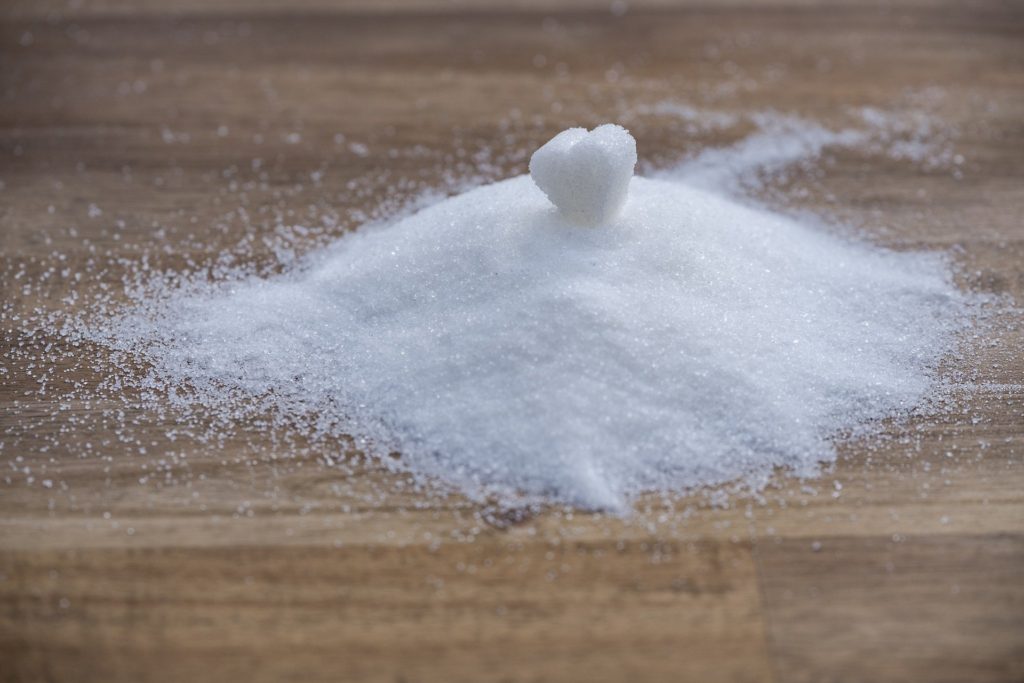With the growing popularity of the keto diet, many people have also started adopting it as a lifestyle.
The keto diet focuses on fatty foods like meat, nuts, full-fat dairy, and vegetables.
For those who choose to follow this way of eating, it can bring about many benefits, like weight loss, reduced inflammation, and increased energy.
However, like any other significant lifestyle change, it can come with its own set of challenges and adverse side effects.
The good news is that most of these are pretty minimal.
Here’s what you need to know about the possible side effects of going keto:
*Note: I include products I think are helpful for my readers. I may earn a small commission if you buy from the Amazon affiliate links on this page .*
1.) Keto Flu
The keto flu is one of the most common symptoms of people who’ve reached ketosis.
The keto flu is a series of symptoms people face when they first start a ketogenic diet.
And it’s called the keto flu because it’s very similar to the regular flu.
You can tell if you have the keto flu if you’re experiencing:
- Headaches
- Fatigue
- Irritability
- Constipation
To beat the keto flu, you first must understand why it happens.
The keto flu happens because it takes time for your whole body to adjust to using fats for fuel instead of carbs.
So, when you first start keto, you’ll experience symptoms like fatigue and headaches until your body adjusts to your new low-carb diet.
But, to speed up the adaptation process and solve many of the keto flu symptoms, you can do two things:
- Consume more salt
- Eat more vegetables
On keto, since you eat fewer carbs, your kidneys expel more water and thus electrolytes in your urine.
So, to add more electrolytes back in, take 1/2 teaspoon of sea salt daily with a shot of water.
For me, this helped solve most of the keto flu symptoms.
However, if your keto flu still doesn’t go away with just salt, you can add more electrolytes in through foods like vegetables or with keto-friendly electrolyte powders.

2.) Constipation
Low-carb diets like the keto diet are often known for their high fat and protein intake.
This, along with a low fluid and fiber intake, can lead to constipation.
The best way to prevent this is to drink plenty of water and eat fiber-rich vegetables and fruits.
Eating low-carb vegetables and fruits can help with constipation since they add water and fiber into your digestive system, which can speed up the process of digestion.
If you add vegetables and fruits and your constipation doesn’t end, you can try adding psyllium husk powder to a low-carb smoothie, so you get even more fiber.
It can take a couple of weeks for your gut microbiome to adjust to your new ketogenic diet, so if both of the above options don’t work, your best bet is to wait it out.
3.) Lowered Blood Sugar
Low blood sugar is a common side effect of the keto diet. You don’t need to prevent it; just stick to keto.
This is because your body’s blood sugar returns to its usual level when you eat fewer carbs.
But, if you eat too many carbs from foods you thought were keto-friendly, like high-carb fruits, you can increase your blood sugar, and you may not see this effect.

4.) Bloating
When some people start a ketogenic diet, they may experience bloating.
This happens because when your gut isn’t healthy, it can’t absorb nutrients as well.
So, the nutrients that would’ve otherwise been used for energy get fermented instead.
But, when they get fermented, they produce gas, which can lead to bloating.
So, to cause the root issue of bloating, you must fix your gut health first.
To do this, you must do two things:
- Increase your gut’s friendly bacteria
- Make your stomach more acidic
You want to increase your gut’s friendly bacteria so it can start to absorb nutrients better.
To increase your gut’s friendly bacteria, you should aim to eat around 7–10 cups of vegetables per day.
And, like your gut’s bacteria, if your stomach acid is too weak, it won’t be able to break down nutrients correctly.
Most people’s stomachs are too alkaline.
So, to stop their bloating, they should consume more acidic things like lemon juice and apple cider vinegar.
If you’re interested in buying apple cider vinegar to make your stomach more acidic so you can end your bloating, my favorite apple cider vinegar is this one from Amazon since it is organic and unfiltered.
5.) Dry Mouth
A common side effect people experience on a ketogenic diet is dry mouth.
Dry mouth is common in people who start keto because when you do a ketogenic diet, two things happen:
- You eat fewer carbs
- You may eat fewer vegetables
When you eat fewer carbs, your body makes less amylase, which is the enzyme in your saliva that breaks down carbs.
On top of that, some people on keto mistakingly eat fewer vegetables, so they’ll get less fluids and electrolytes compared to other people.
To prevent both of these issues, you must get in more fluids and electrolytes.
To get in more electrolytes and fluids, you should consume around 7–10 cups of vegetables per day.
In addition to that, you should add some extra sea salt to your food, so you get more sodium, which is also an electrolyte that helps with saliva production.

6.) Weakness or Fatigue
If you’re starting keto and realize you’re feeling weak or exhausted, you’re likely adapting to ketosis.
That’s because it takes your mitochondria around six weeks to go through their life cycle.
So, it’ll take time for your “carb-dependant” cells to die and the new “fat-adjusted” cells to be born.
Henceforth, even though you can reach ketosis pretty quickly by limiting your net carbs to under 30 grams per day, it may take your body longer to fully adjust to using fats as the primary fuel source.
Conclusion
The keto diet has become a popular way to lose weight, but it can have several side effects like:
- Keto flu
- Dry mouth
- Constipation
- Weakness
- Bloating
- Decreased blood sugar
If you find yourself experiencing any of these side effects, you’ve likely reached ketosis.
If you follow the tips in this article, you’ll solve these issues.
I hope this helped!
If you want to find out how I lost 40 pounds with keto and intermittent fasting, here’s my article where I share everything I’ve learned over my weight loss journey and how you can lose weight too.
- How to Make a Layer Cake at Home - June 1, 2023
- Can You Still Lose Weight If You Aren’t in Ketosis? - February 8, 2023
- Can the Keto Diet Help With Depression? - February 8, 2023




